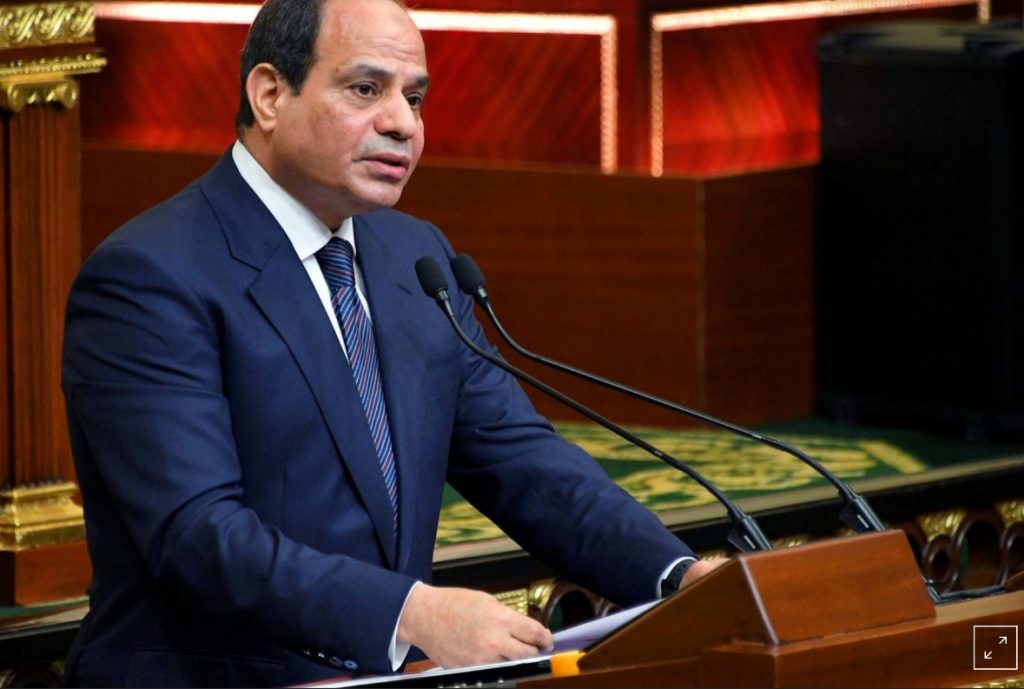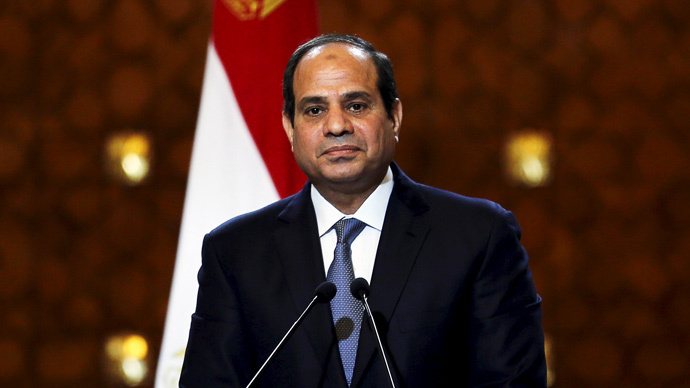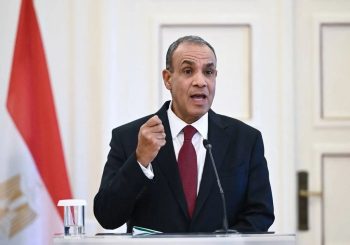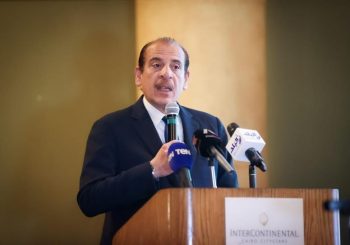
According to state-owned news outlet Al Ahram, Egypt’s nationwide state of emergency has been renewed for three months starting Thursday.
The renewal, put in place by Egyptian president Abdel Fattah Al Sisi, is pending approval by Parliament which is due to take place within the next week. The news was officially announced on Tuesday.
It allows the state to”“take [measures] necessary to confront the dangers and funding of terrorism and safeguard security in all parts of the country.”
The emergency law can only be implemented for three months, after which it has to be renewed by the president and should be approved by the parliament. It grants Egyptian authorities the right to intercept all forms of communications including social media. Civilians can also be referred to State Security Emergency Courts where they are unable to appeal verdicts, as such, it has been routinely criticized by human rights advocates.
The already-in-effect state of emergency was announced last year by Egypt’s President Abdel Fattah al-Sisi when two churches were bombed in Tanta and Alexandria on Palm Sunday in 2017 killing 47 people.
A state of emergency refers to the government’s mobilization and empowerment to perform actions normally not permitted except in exceptional situations such as during wars, armed conflict or natural disaster.
The state of emergency, in Egypt, aims to curb ‘terrorism and its stop their fundings’. It is perceived as significantly timely by the government as efforts are amplified to fight Islamic insurgency in northern Sinai and other parts of the country.
According to article 154 of the 2014 constitution, the state of emergency is to be announced after consulting with the cabinet. Then, the decision should be reviewed by the parliament in no more than seven days after its approval by the cabinet.
The state of emergency was imposed nonstop during the era of former president Hosni Mubarak, from 1981 to 2012, even after he was ousted.







Comments (0)